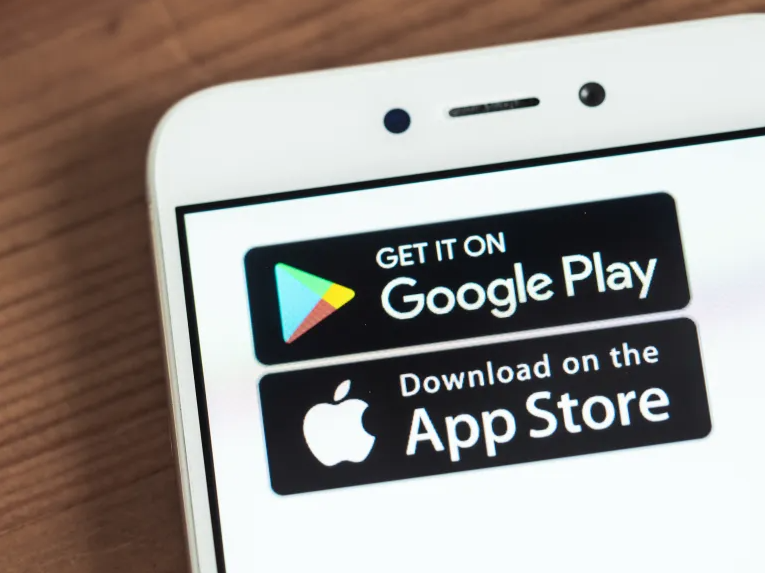
Mark Weber of the Computer History Museum said, “I don’t think there’s any doubt that the iPhone set the standard that almost all phones have followed since then… The App Store was huge, and the Android system followed that model essentially with the Play Store.”
After a decade of iPhone releases, Apple became the first American company to publicly trade its shares to reach a trillion-dollar market value, and it is now one of the most profitable companies in the world.
Apple recently surpassed Samsung, one of its biggest competitors, as a leading global smartphone company for the first time. According to data from the International Data Corporation, Apple holds just over 20% of the global market share, a position Samsung has held since 2010.
Munster recalls that “there was a period from 2008 to 2015 where Apple had to worry about what Samsung was going to do with Android.” He continues: “Their market share was already declining globally… But what Apple excelled at was building the ecosystem. I can’t imagine a scenario where Samsung could put together a suite of products that would disrupt Apple’s ecosystem.”
The Future of Artificial Intelligence
Recently, Apple has delved into machine learning and artificial intelligence for iPhone devices, but companies like Microsoft and Google have embraced this technology more overtly.
Munster believes that “artificial intelligence will be critical for humanity, and it will be a crucial advantage within iPhone devices.” He adds, “Apple is using artificial intelligence to make products work better by organizing photos, helping with email organization, and maybe doing things related to text organization. But mostly, it’s that the iPhone isn’t chasing the prevailing trend when it comes to artificial intelligence.”
Leave a Reply